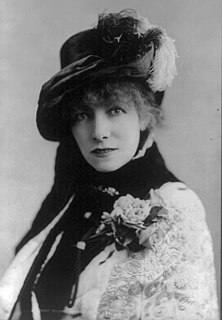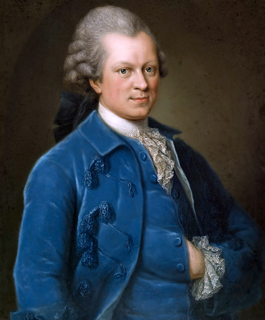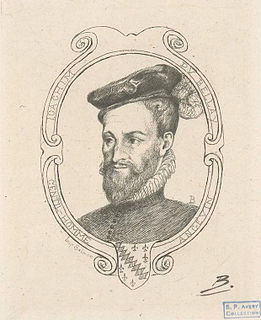A Quote by Isaac D'Israeli
The golden hour of invention must terminate like other hours, and when the man of genius returns to the cares, the duties, the vexations, and the amusements of life, his companions behold him as one of themselves - the creature of habits and infirmities.
Related Quotes
The artist's personality must be left in his dressing-room; his soul must be denuded of its own sensations and clothed with the base or noble qualities he is called upon to exhibit.... [he] must leave behind him the cares and vexations of life, throw aside his personality for several hours, and move in the dream of another life, forgetting everything.
The most agreeable of all companions is a simple, frank man, without any high pretensions to an oppressive greatness; one who loves life, and understands the use of it; obliging alike at all hours; above all, of a golden temper and steadfast as an anchor. For such an one we gladly exchange the greatest genius, the most brilliant wit, the profoundest thinker.
That hour in the life of a man when first the help of humanity fails him, and he learns that in his obscurity and indigence humanity holds him a dog and no man: that hour is a hard one, but not the hardest. There is still another hour which follows, when he learns that in his infinite comparative minuteness and abjectness, the gods do likewise despise him, and own him not of their clan.
. . . This is the high destiny of the sons of God, they who overcome, who are obedient to His commandments, who purify themselves even as He is pure. They are to become like Him; they will see Him as He is; they will behold His face and reign with Him in His glory, becoming like unto Him in every particular.
If Christianity has really come from heaven, it must renew the whole life of man; it must govern the life of nations no less than that of individuals; it must control a Christian when acting in his public and political capacity as completely as when he is engaged in the duties which belong to him as a member of a family circle.
The world is a better place to live in because it contains human beings who will give up ease and security in order to do what they themselves think worth doing. They do the useless, brave, noble, divinely foolish, and the very wisest things that are done by Man. And what they prove to themselves and to others is that Man is no mere creature of his habits, no automaton in his routine, but that in the dust of which he is made there is also fire, lighted now and then by great winds from the sky.
A genius is the man in whom you are least likely to find the power of attending to anything insipid or distasteful in itself. He breaks his engagements, leaves his letters unanswered, neglects his family duties incorrigibly, because he is powerless to turn his attention down and back from those more interesting trains of imagery with which his genius constantly occupies his mind.
The convoluted wording of legalisms grew up around the necessity to hide from ourselves the violence we intend toward each other. Between depriving a man of one hour from his life and depriving him of his life there exists only a difference of degree. You have done violence to him, consumed his energy.





































